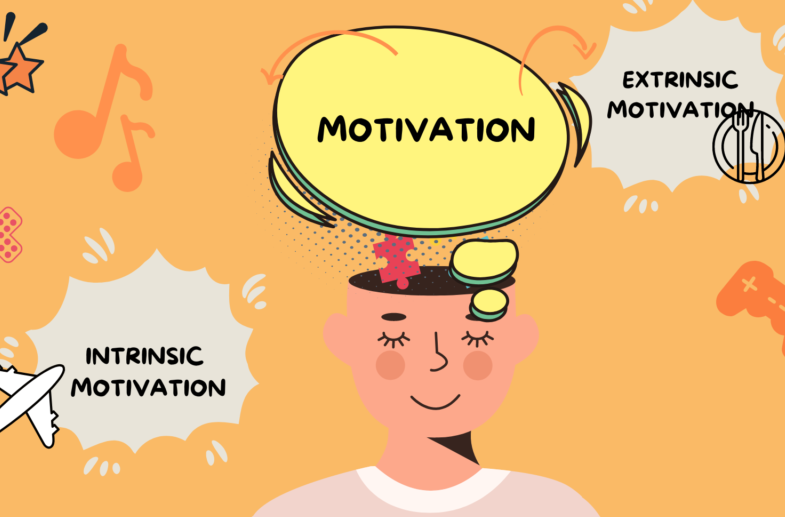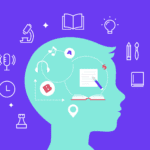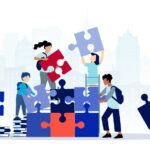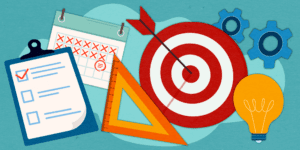WHAT ARE MY ACADEMIC PREFERENCES?
The subjects I enjoy most are- English / Language Arts, History, Art, Music
- Math, Science, Technology
- watching a video or presentation
- with tests that include multiple choice and short answers
- by making something with my hands
- in person in front of a small group of classmates
- one on one discussion with my teachers
what are my areas for academic growth?
Academic skills that are challenging for me are
WRITTEN EXPRESSION
what motivates me?
This means that I may be learning or doing school work to get praise or some kind of reward like higher grades or a gift.


- PICTURE SMART so I may learn best with images, charts, and videos.
- PEOPLE SMART so I may be good at understanding and getting along with people.
- BODILY-KINESTHETIC ways so I may have good hand-eye co-ordination, balance and speed with body.
what helps me learn?
Learning was easier for me when
- I used physical tools to stay focused (ie. fidget toys, chairs)
- I had extra time to complete tests and assignments or took tests over several days
*
- SUSTAINED ATTENTION which means that I may have the ability to stay focused and attentive for a long period of time.
- ORGANIZATION which means that I may prefer to keep things in order or tidy
- RESPONSE INHIBITION which means I may be able to think before I act
- LEADERSHIP which means that I may enjoy being a leaders in group activities.
- PHYSICAL which means that it may be easier for me to learn when I am able to be more active.
- CREATIVE which means that it may be easier for me to learn through creative methods like art or music
- VISUAL MEMORY which means I may be able to easily remember things that I have visually seen.

what are my learning opportunities?
Learning skills most challenging for me are
- WORKING MEMORY which means it may be difficult for me to remember information I recently recalled.
- EMOTIONAL CONTROL which means the part of the brain which controls my emotions may not be fully developed
- AUDITORY MEMORY which means it might be difficult for me to process information that I hear orally, remember it and recall it.
I would like to become more focused OR less anxious in school by taking notes while listening in class.
The strategy I will use is MANIPULATIVES: Use concrete materials, images and representational models to solve math problems or understand complex concepts I would like to work on this once a week and complete it by April 30, 2024.

strategies that may help me and my classmates
Select the strategies that may work best for youCameron recently completed a holistic screening to identify their academic strengths, needs, interests and learning preferences. This screening examined core Math and Language Arts skills aligned with the provincial curriculum as well as executive functioning skills which may be impacting Cameron’s learning. The curriculum based skills include math operations, reading fluency, reading and listening comprehension, oral and written expression. The results of the screening generated this highly tailored learning plan with evidence-based strategies to support Cameron’s individual needs. The strategies are derived from the principles of universal design for learning (UDL) so they can be implemented to support the entire class as well.
The goal of this learning plan is for you to learn about Cameron‘s strengths and needs directly from Cameron. We believe this collaborative approach between teachers and students will not only benefit Cameron but may also save time for you in identifying students’ needs and designing effective instructional strategies.
If you find the information from this learning plan helpful, you can set up a teacher account with Study Smart. A teacher account will enable you to obtain learning plans for all students in your class; and a class profile which is a snapshot of the content within each of the learning plans. You will also have access to detailed lesson plans aligned with the UDL strategies in the learning plans. If you have any questions about this screening approach or would like to set up a teacher account, go to www.studysmart.ca or contact us at info@studysmart.ca.
Thank you for supporting Cameron.
Study Smart Inc.
